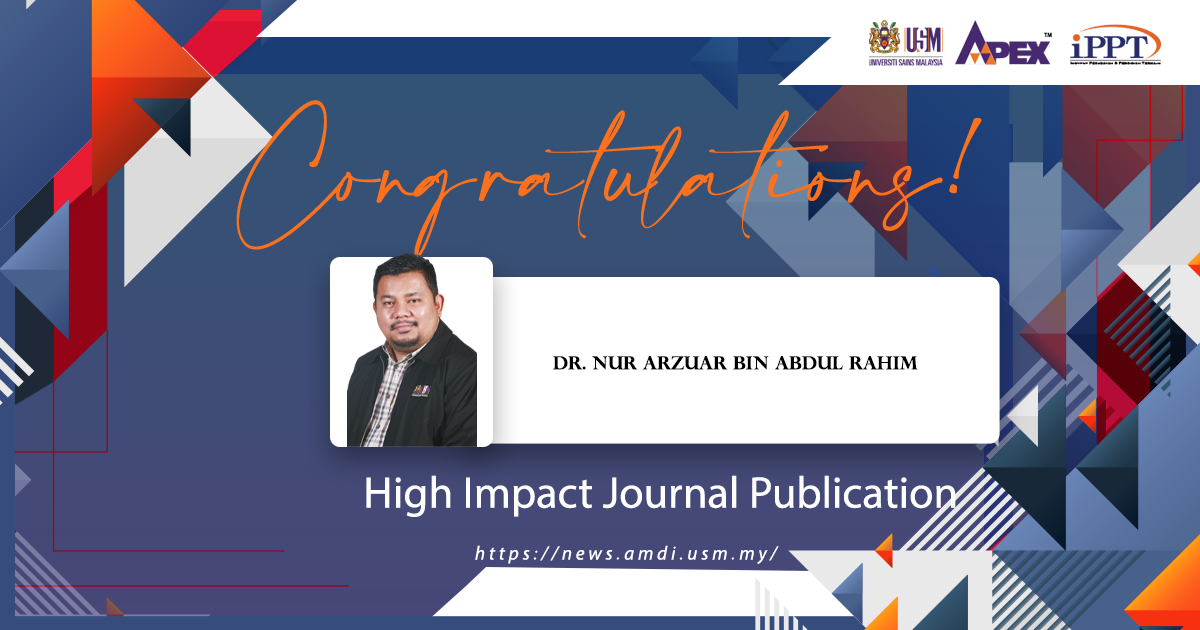Authors : Normadiah Mahiddin, Zulaiha Ali Othman, Azuraliza Abu Bakar, And Nur Arzuar Abdul Rahim
Title of Publication : An Interrelated Decision-Making Model for an Intelligent Decision Support System in Healthcare
Journal Name : IEEE Access
Quartile : Q2
Impact Factor : 3.367
Description : The nature of decision making in healthcare is complex and crucial. It is essential to have a tool that helps with accurate and correct decisions based on real-time data. Moreover, the healthcare process itself is complex, comprising various stages from primary to palliative, closely related to each other, and the process is different depending on the type of disease. Each stage has a crucial decision to be made relying on other stages’ decisions. Thus, an intelligent decision support system (IDSS) model based on a data mining approach becomes a prominent solution. However, the existing IDSS and Group Decision Support System (GDSS) applied a single-stage approach and primarily focused on development at a certain stage for specific outcomes. In contrast, the nature of healthcare decision-making in each stage is related to the previous stages, which change dynamically. Therefore, this paper proposes an interrelated decision-making model (IDM) for IDSS in healthcare that aims to have an effective decision by utilizing knowledge from previous and following treatment stages known as IDM-IDSS-healthcare. The experiment was conducted using simulated diabetes treatments data that were validated by the medical expert. Eight data sets with distinct sizes were constructed and classified into two types of decision-making categories. Each data sets consists of primary and secondary care stages with a range of 25 to 58 attributes and 300-11,000 instances. The experiment results show algorithms J48, Logistic, NaiveBayes Updateable, RandomTree, BayesNet and AdaBoostM1 obtained the best accuracy in sequence from 46% to 99%. The result also shows the improvement of decision-making efficiency with the prediction model accuracy has increased up to 56%. In addition, all respondents agreed in a focus-group discussion with medical and information technology (IT) experts that the proposed IDM-IDSS-healthcare is practical as a healthcare solution. Moreover, the solution for the development of IDM-IDSS-healthcare should use the multi-agent approach.


